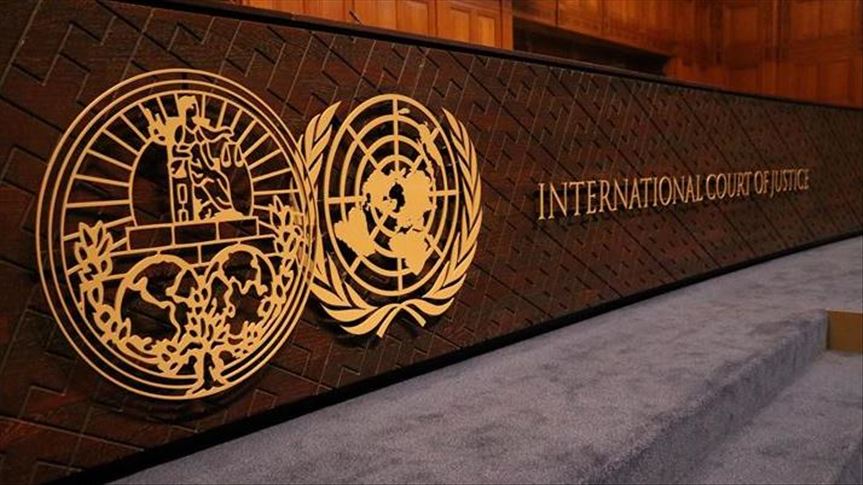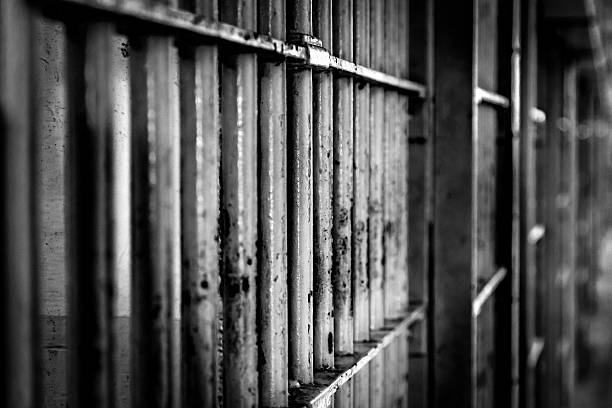

Carl Greenidge, Guyana’s agent before the International Court of Justice (ICJ) as it adjudicates the Guyana/ Venezuela border controversy, believes a ruling on the issue could be possible by next year, since the major substantive issues have already been put to the court for consideration.
During a recent webinar, Greenidge, in giving his projections for the case, said that having submitted its final written reply to Venezuela’s counter-memorial last month, Guyana awaits August 2025, when Venezuela is expected to respond with a rejoinder. According to Greenidge, the process is unlikely to last much longer after that, barring follow-up questions from the panel of judges, since both parties have already presented the major issues to the court for consideration.

“A counter-memorial has been presented to the court; it has a lot of inaccuracies and fabrication. That’s for the court to decide, but from our viewpoint, our response is that it has a lot of inaccuracies and outrageous fabrications. So, the court now will hear Venezuela’s response to our presentation, and that is to be presented by August,” he disclosed. “After that, the court may have a couple of questions to ask of the two parties, and then it will be in a position to make a decision.
“Now, in my view – and I’m sticking my neck out here – that process ought not to take us beyond 2026, if that far, because the major issues have already been put on the table,” Greenidge said.
Greenidge also noted that the court would likely be very focused on ruling on substance, and not form. This means that extraneous matters raised by Venezuela, such as Guyana’s friendship with the United States, would not matter to the court.
“It was referred to the ICJ, we lodged a complaint with the ICJ, and the ICJ is supposed to be looking at the substance of the issue, which is whether the 1899 award was valid or not. There is no other issue,” Guyana’s agent has said.
“A whole other set of issues are being raised by Venezuela, and they sought to raise in Argyle and…by some of our Caribbean colleagues. The issue has nothing to do with whether Guyana is a good friend of the United States, not good enough of a friend to the United States, too close to Maduro,” he explained.
According to Greenidge, the substantive matter for the court to rule on is Venezuela fabricating claims against Guyana to unjustly lay claim to its territory.
He also referenced the fact that the court has already ruled it has jurisdiction to examine the matter, overruling Venezuela’s arguments to the contrary.
“It is about a country fabricating the circumstances leading to a decision taken in 1899, denying that they had agreed to that decision; and the court has, so far, for example, confirmed that the matter was referred…and the court has the power to examine the matter,” he explained.
Guyana’s response to the counter-memorial was personally delivered to the Registrar of the ICJ by Guyana’s Ambassador in Brussels, Sasenarine Singh. According to the Ministry of Foreign Affairs in a statement following the submission of that document, Venezuela has the chance to respond to this reply with a rejoinder on August 8, 2025.
Further, it has been explained that the ICJ would, in due time, set a date for the oral hearings between Guyana and Venezuela to commence.
The Foreign Affairs Ministry had also expressed confidence that an adequate case has been made for Guyana in its reply. In the reply, it has been pointed out by the Ministry that Venezuela’s case in challenging the 1899 Arbitral Award is without merit, and that, ultimately, the ICJ would confirm the award as valid and legally binding.
After a failed good office process between the two South American neighbours, United Nations (UN) Secretary-General António Guterres referred the border controversy to be resolved by the ICJ in 2018. Shortly after, Guyana filed a case seeking a final and binding judgement to reinforce that the 1899 Arbitral Award remains valid and binding on all parties, and legal affirmation that the Essequibo region, which contains much of Guyana’s natural resources, belongs to Guyana, and not Venezuela.
Venezuelan President Nicolas Maduro, meanwhile, swore himself in as President earlier this month, despite widespread claims that he actually lost last year’s election. He came under international pressure after announcing to his cabinet on January 7, that elections would be held for a Governor of Essequibo.
Related News

Over 110lbs of ganja found at incomplete Mahaicony building

Guyana records 4% reduction in prison population

Nearly US$1B earned from gold in 2024 as large-scale producers restart, expand operations



